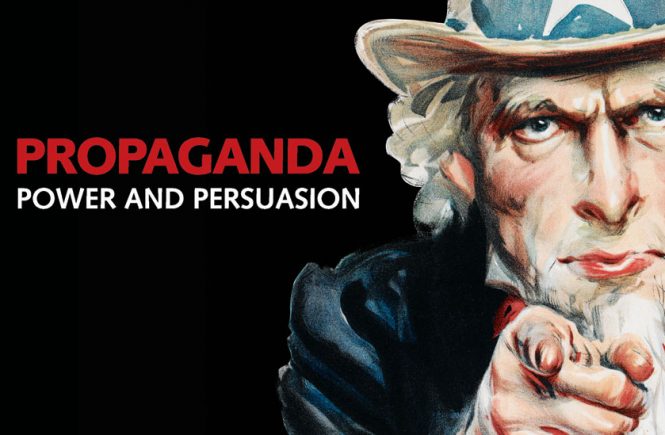WALTER LIPPMANN’S THEORY OF PUBLIC OPINION FORMATION. Throughout the 1930s, many other members of the social elite, especially those at major universities, shared Lasswell’s vision of a benevolent social science–led technocracy. They believed that physical science and social science held the keys to fighting totalitarianism and preserving democracy. As such, Lasswell’s work commanded the attention of leading academics and opinion leaders, including one of the most powerful opinion makers of the time—Walter Lippmann, a nationally syndicated columnist for the New York Times. Lippmann shared Lasswell’s skepticism about the ability of average people to make sense of their social world and to make rational decisions about their actions. In Public Opinion (1922), he pointed out the discrepancies that necessarily exist between “the world outside and the pictures in our heads.” Because these discrepancies were inevitable, Lippmann doubted that average people could govern themselves as classic democratic theory assumed they could. The […]
THE ORIGIN OF PROPAGANDA
Propaganda was not an American invention. The term originated with the Roman Catholic Congregatio de Propaganda Fide (Committee for the Propagation of the Faith), an order of the church established by a papal bull in 1622. The Propaganda Fide was originally founded in an effort to suppress the Protestant Reformation. Throughout the first half of the twentieth century, the meaning of propaganda was debated. Was propaganda necessarily bad or was it a good form of communication that could be corrupted? Many forms of communication seek to persuade people—were all of them propaganda? Gradually, the term propaganda came to refer to a certain type of communication strategy. It involves the no-holds-barred use of communication to propagate specific beliefs and expectations. The ultimate goal of propagandists is to change the way people act and to leave them believing that those actions are voluntary, that the newly adopted behaviors—and the opinions underlying them—are […]
Philosophy of Communication
Philosophy of Communication Whenever people communicate, questions of right and wrong arise. People always wonder if the statement was said right or not, they scrutinize others statement more than their own. Ethical communication is fundamental to responsible thinking, decision making, and the development of relationships and communities within and across contexts, cultures, channels, and media. Moreover, ethical communication enhances human worth and dignity by fostering truthfulness, fairness, responsibility, personal integrity, and respect for self and others. Unethical communication threatens the quality of all communication and consequently the well-being of individuals and the society in which we live. We should be committed to practicing the following principles of ethical communication: Truthfulness, accuracy, honesty, and reason as essential to the integrity of communication. This is the basis of proper ethical communication. Everything begins with honesty. I believe communication would be of no value in most cases if it were not for […]
